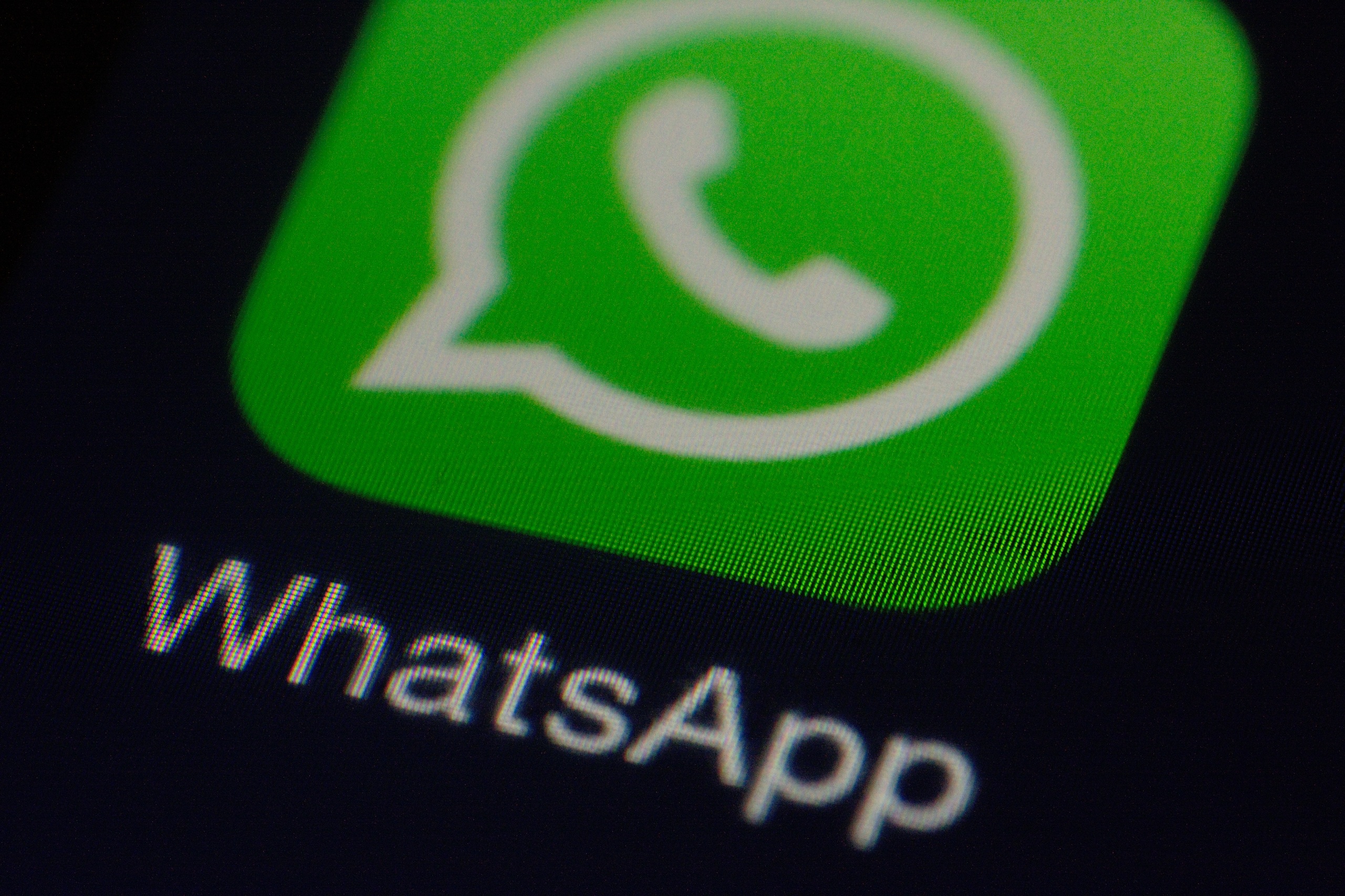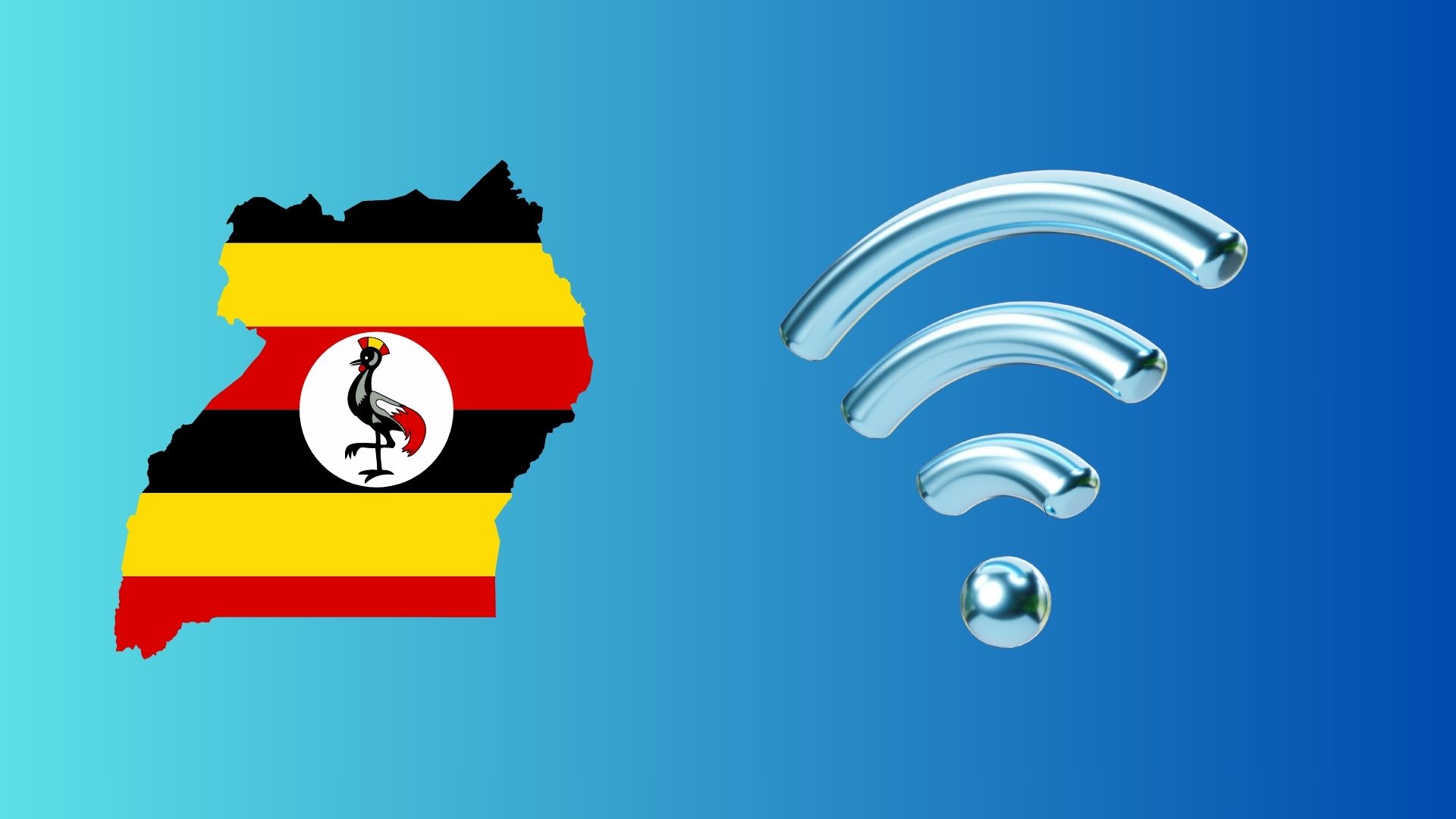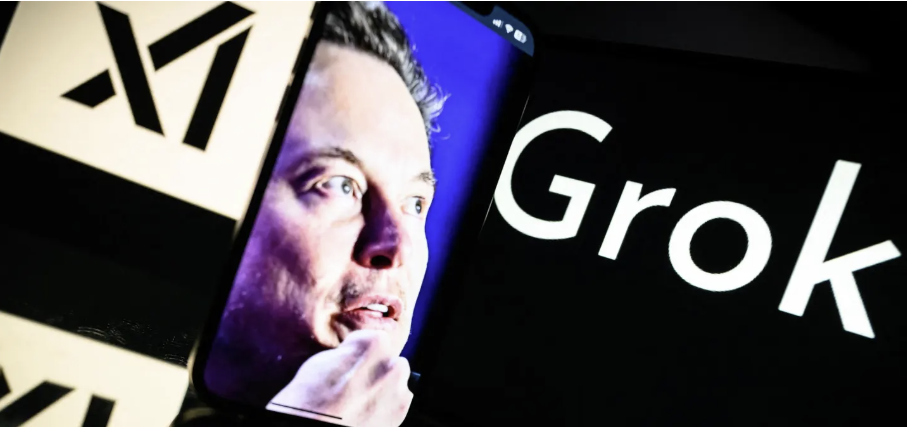Pressure is growing on Keir Starmer after more than 60 Labour MPs called for a UK ban on social media use for under-16s, arguing that children’s online safety requires firmer regulation instead of voluntary platform measures.
The signatories span Labour’s internal divides, including senior parliamentarians and former frontbenchers, signalling broad concern over the impact of social media on young people’s well-being, education and mental health.
Supporters of the proposal point to Australia’s recently implemented ban as a model worth following, suggesting that early evidence could guide UK policy development rather than prolonged inaction.
Starmer is understood to favour a cautious approach, preferring to assess the Australian experience before endorsing legislation, as peers prepare to vote on related measures in the coming days.
Would you like to learn more about AI, tech and digital diplomacy? If so, ask our Diplo chatbot!










